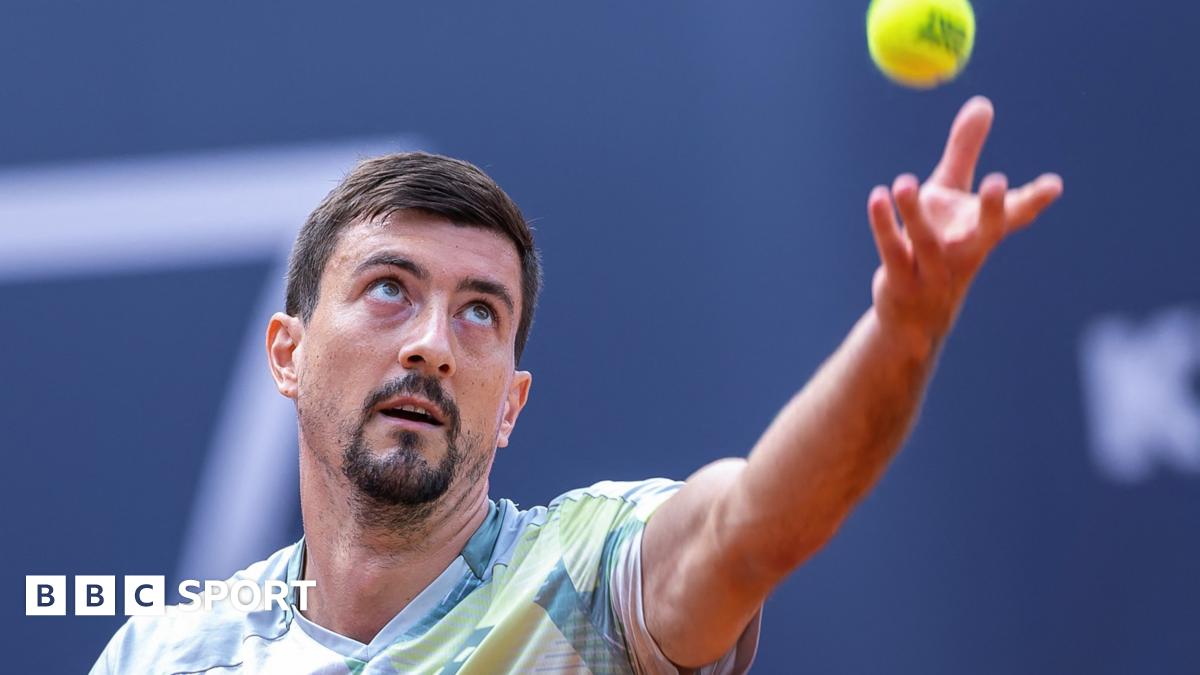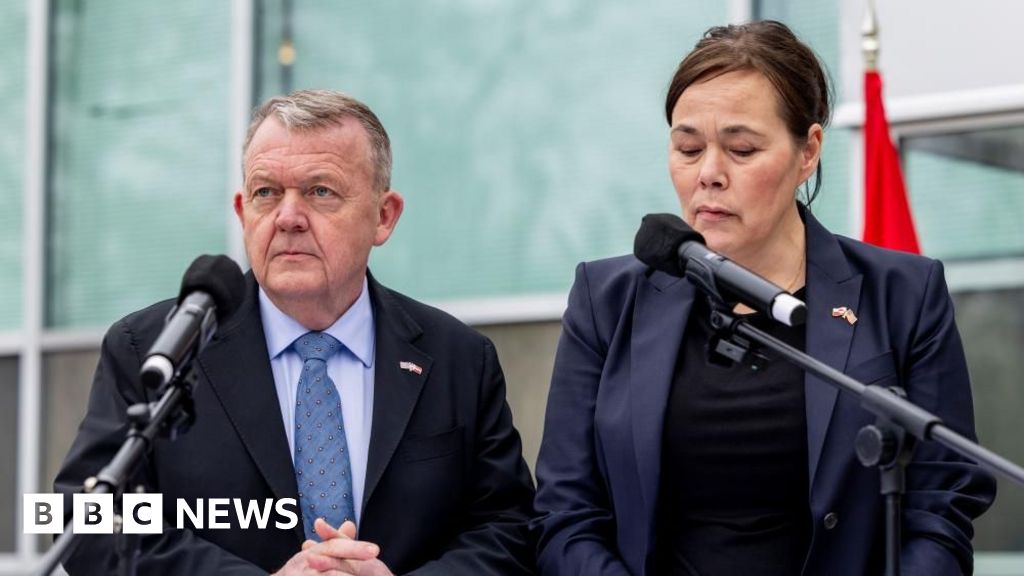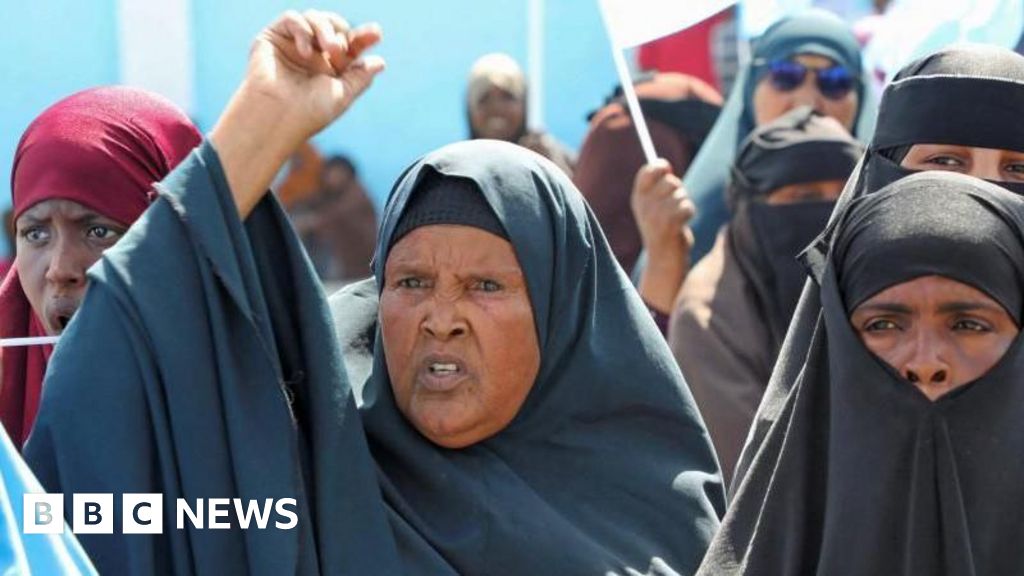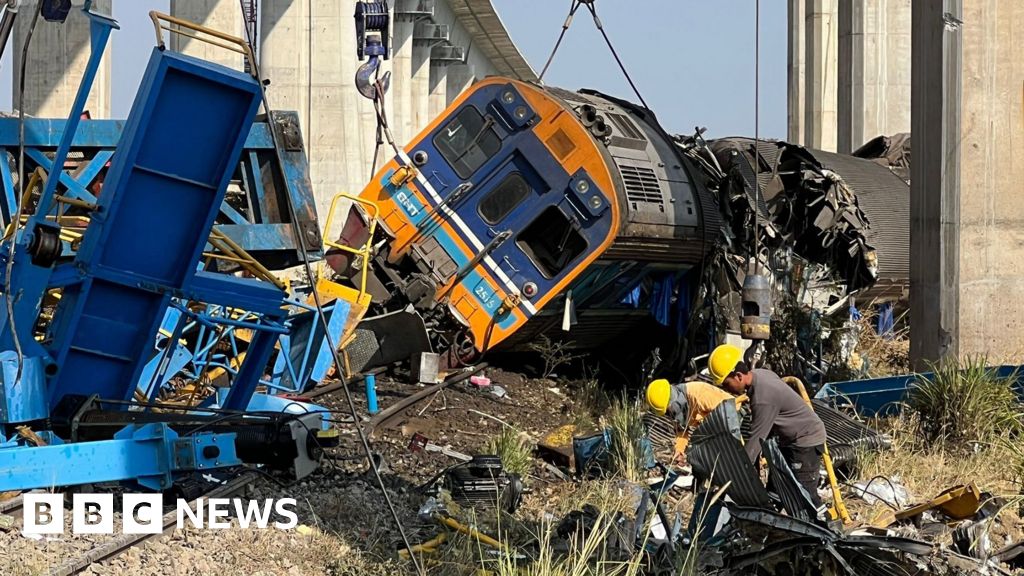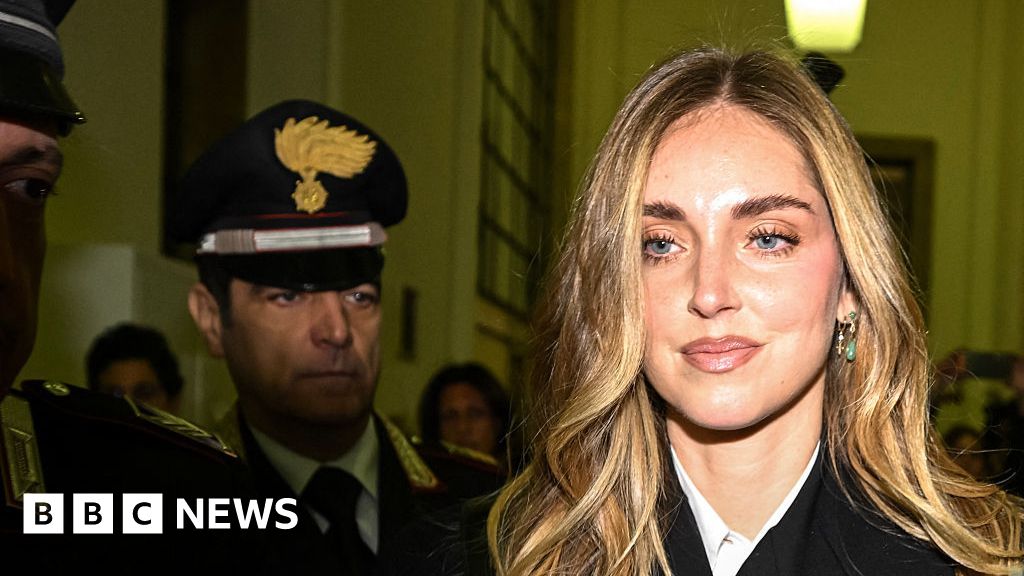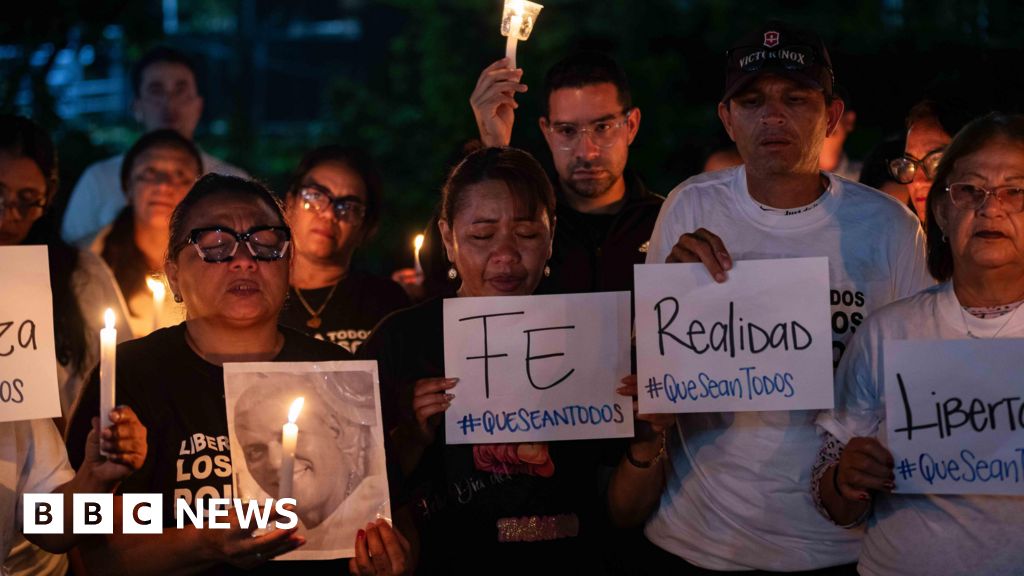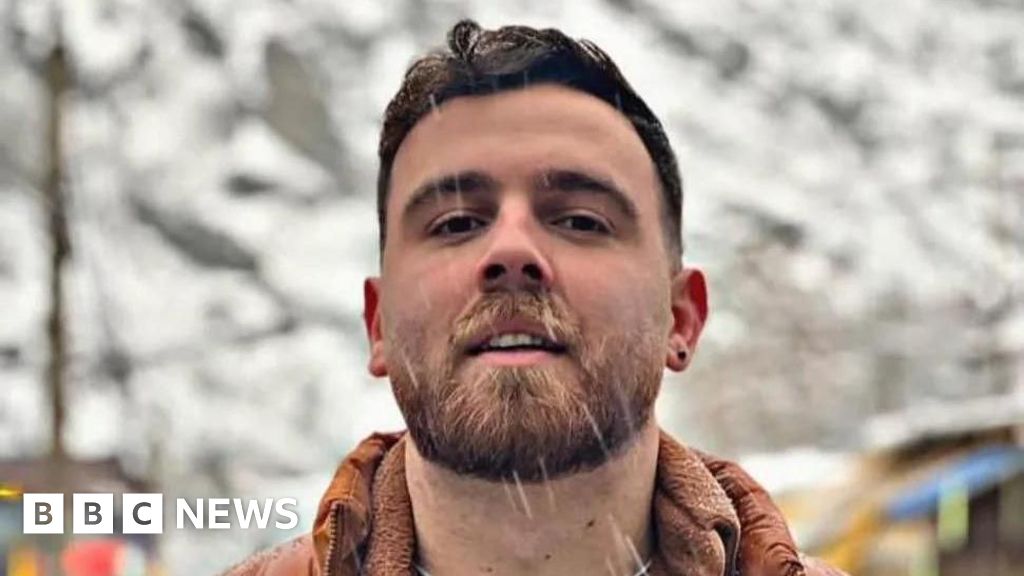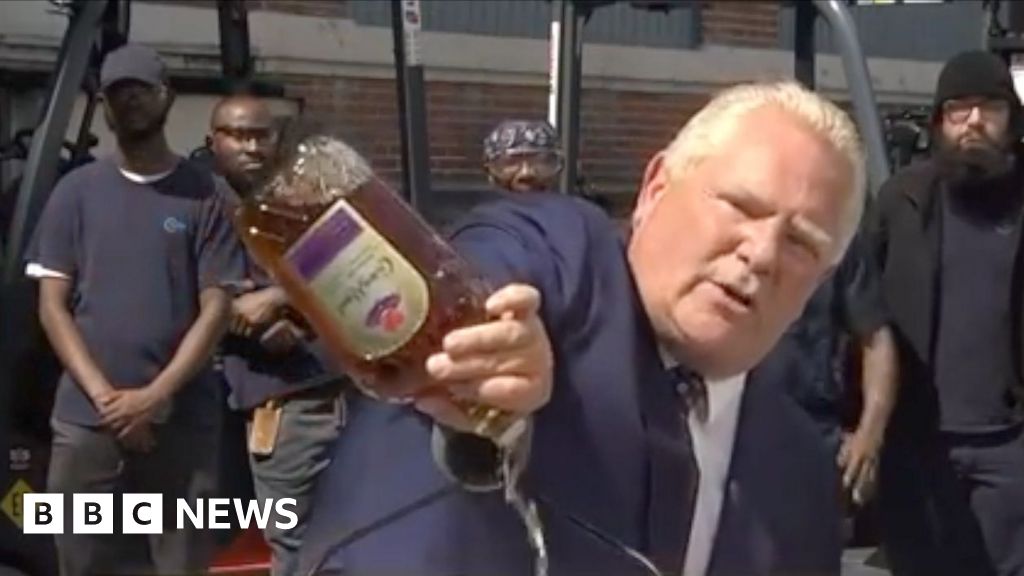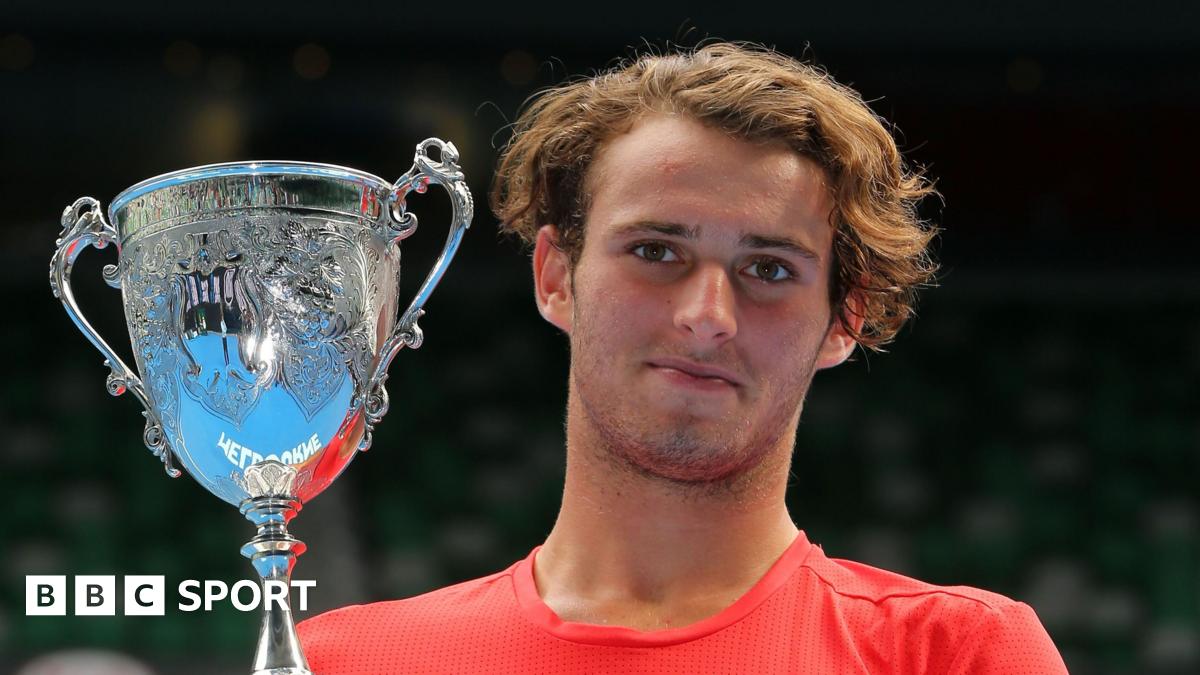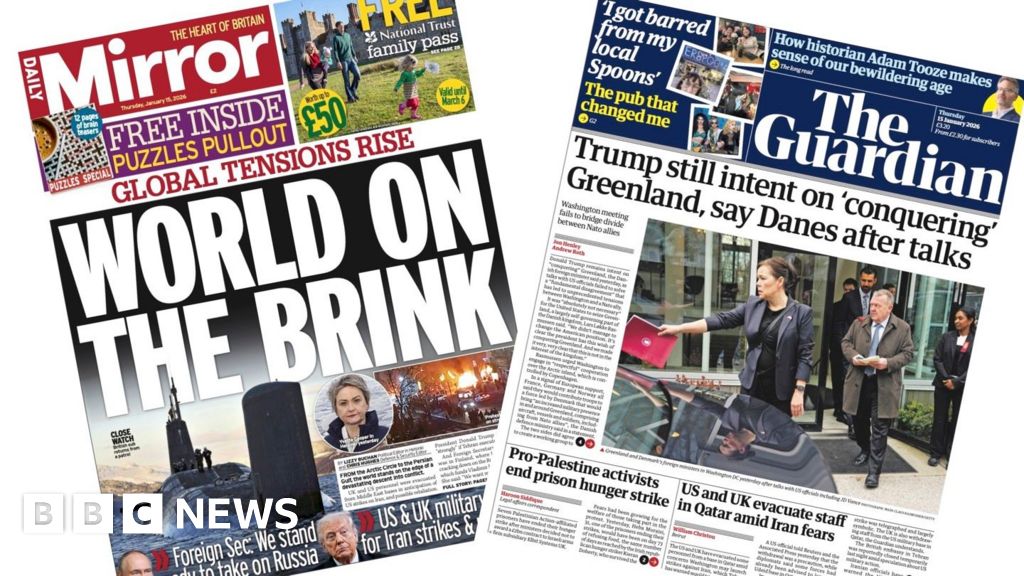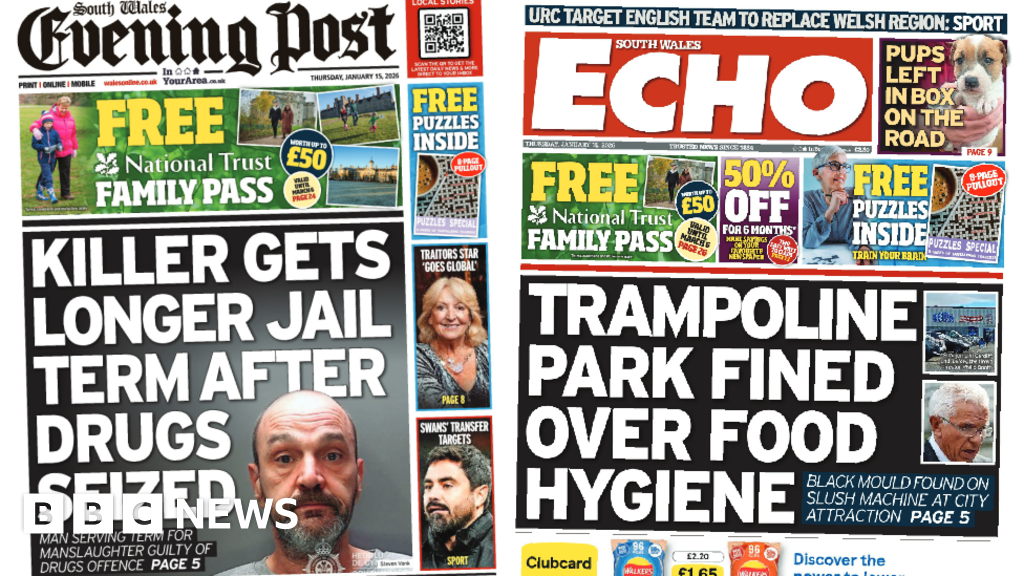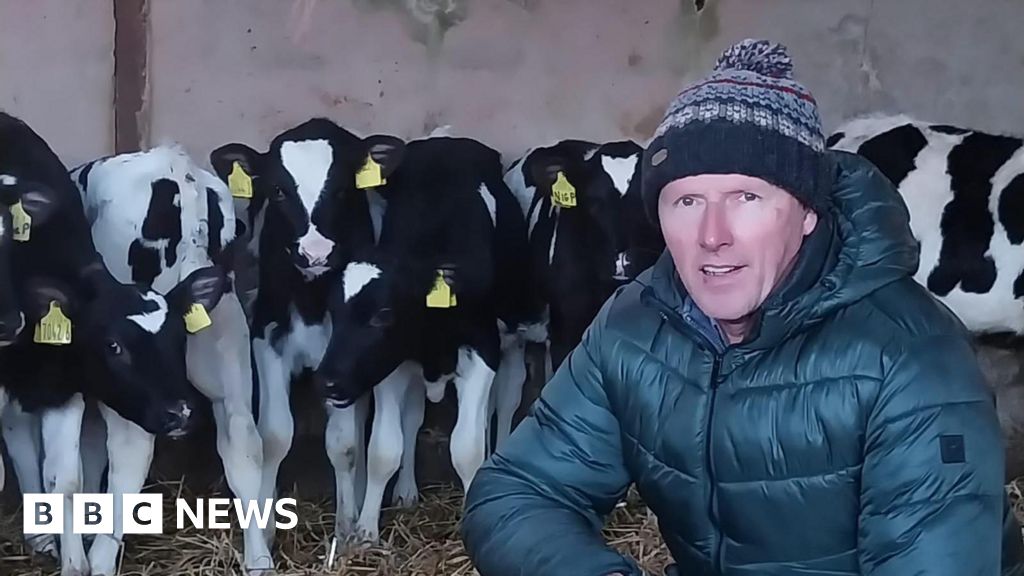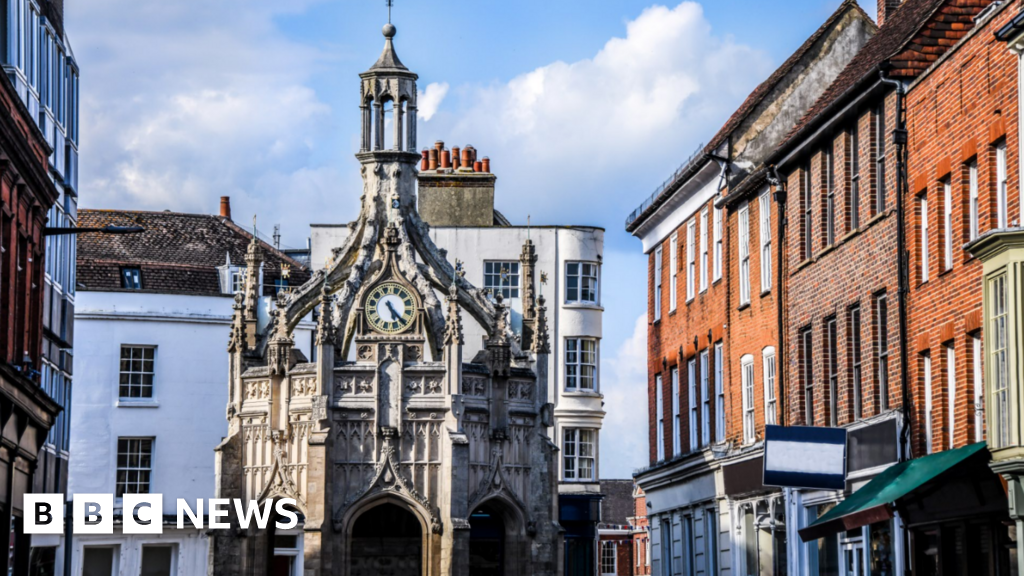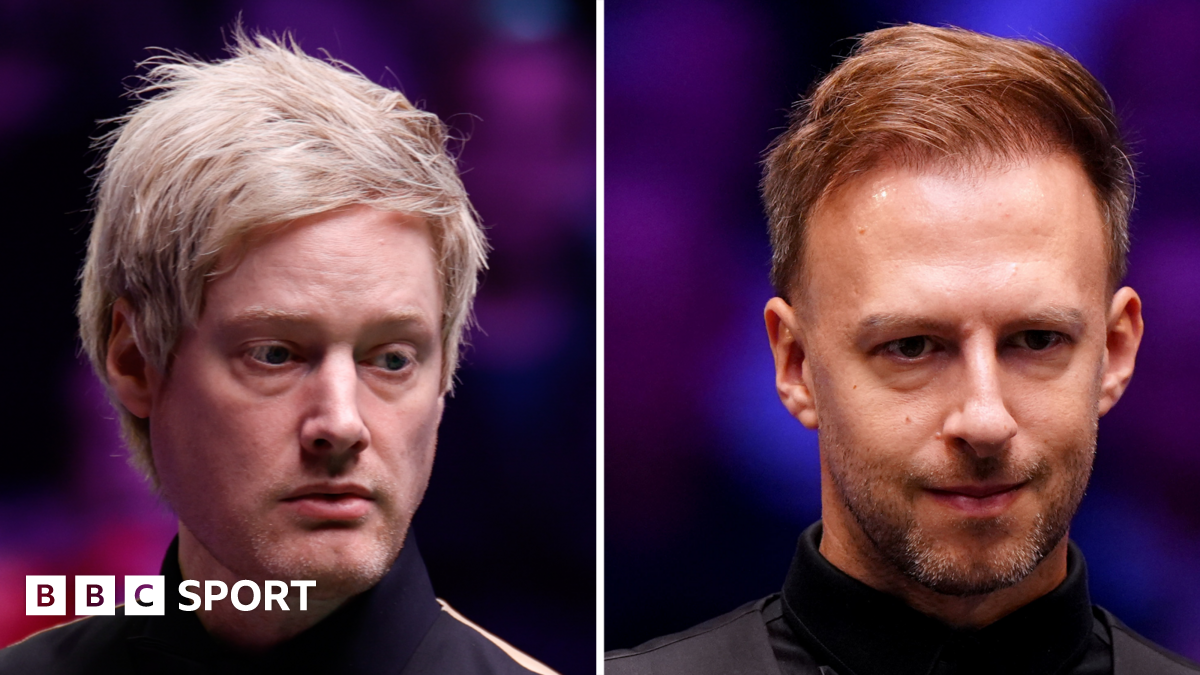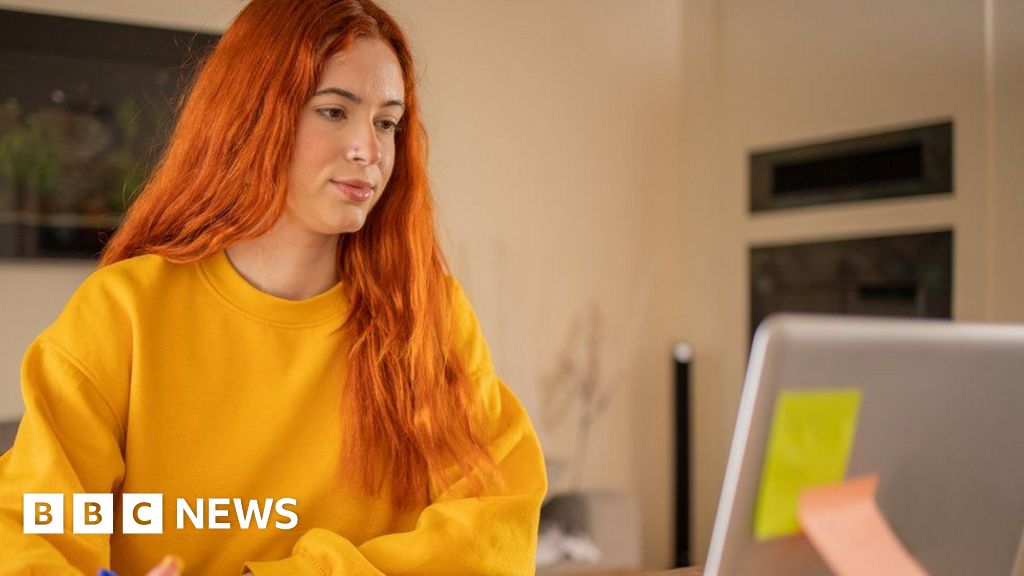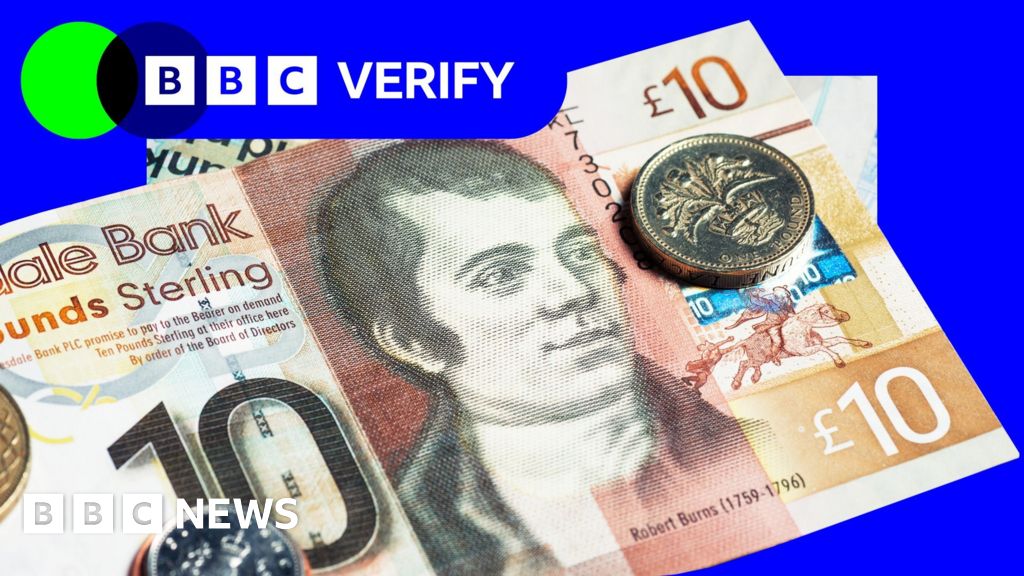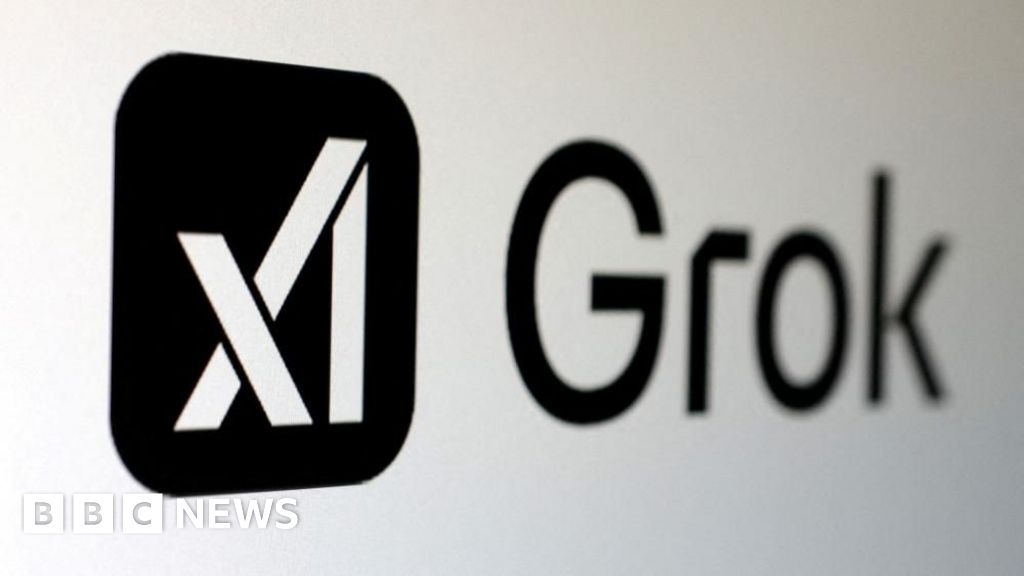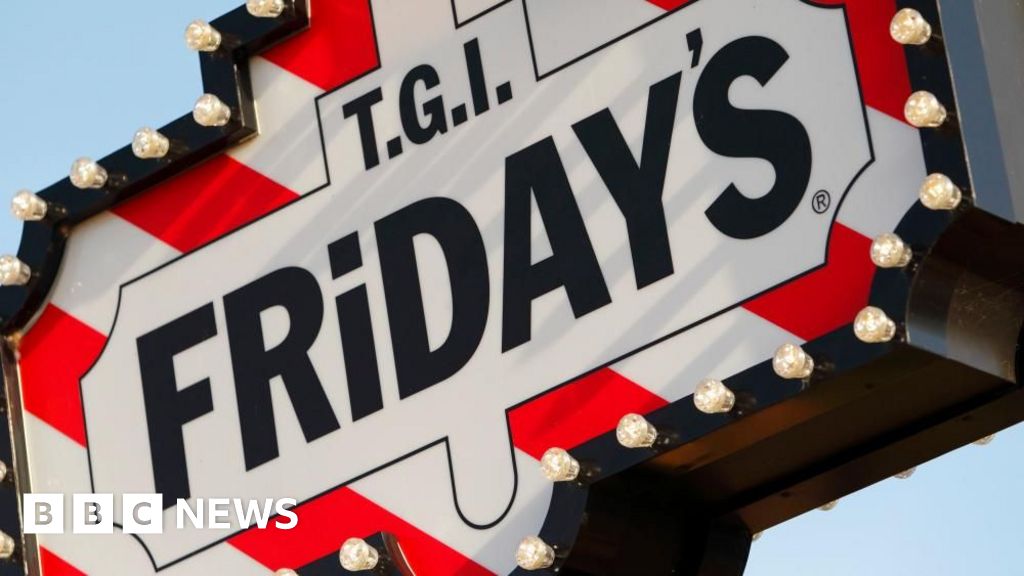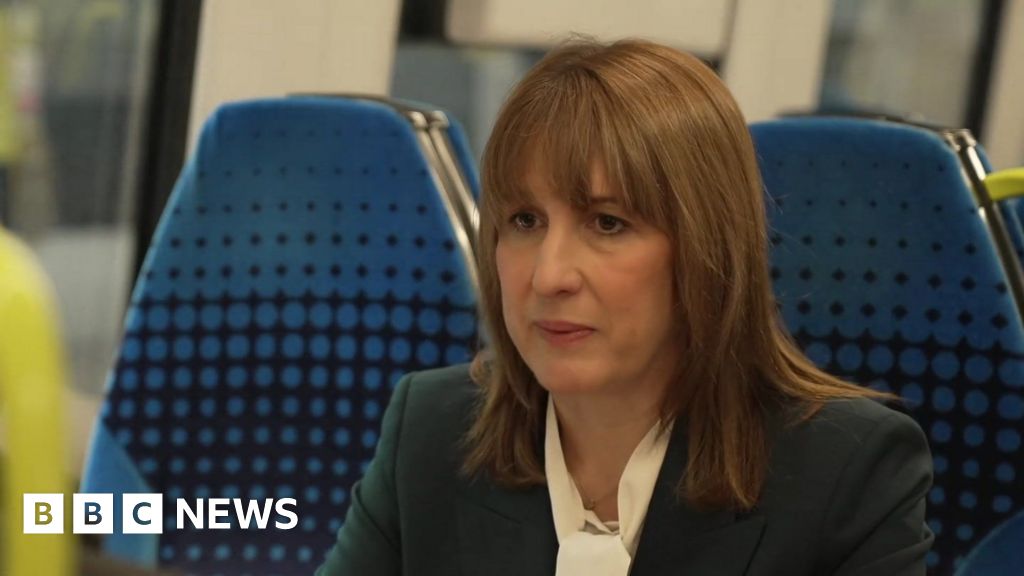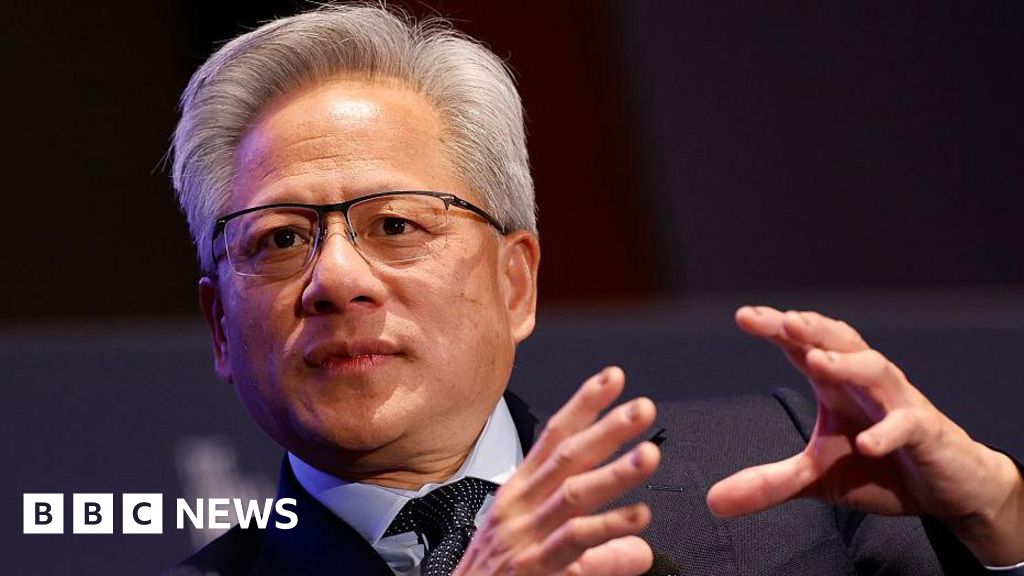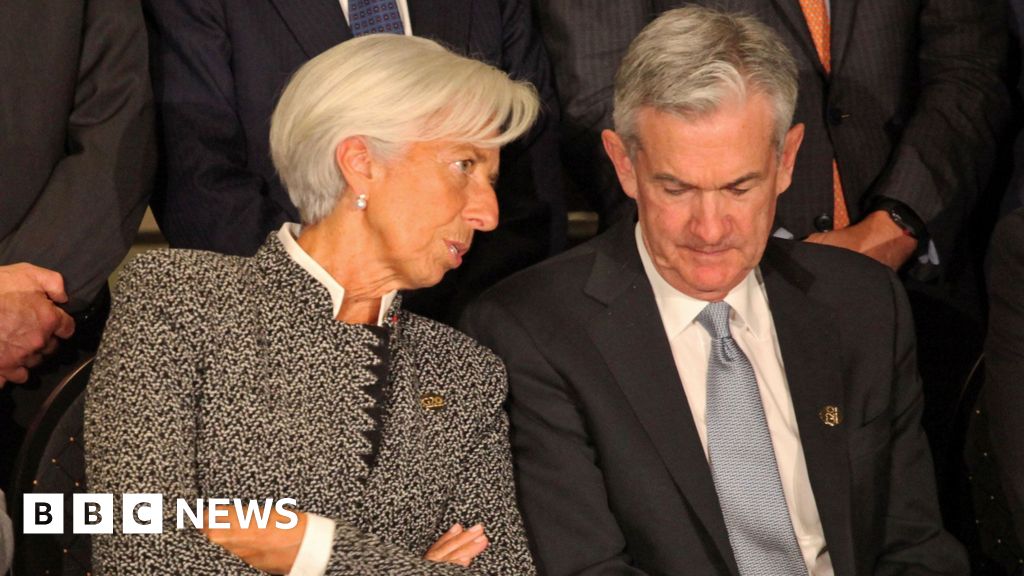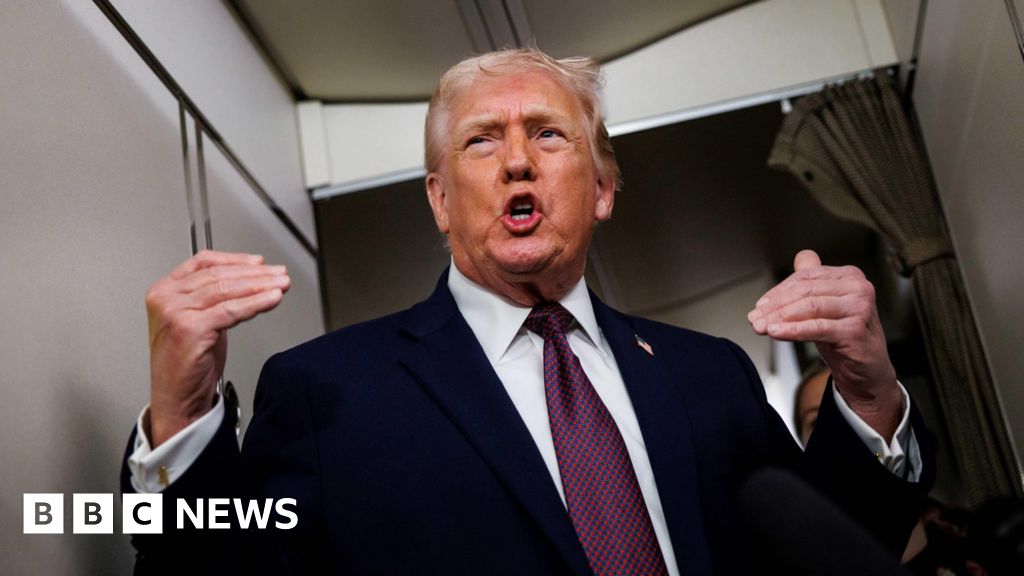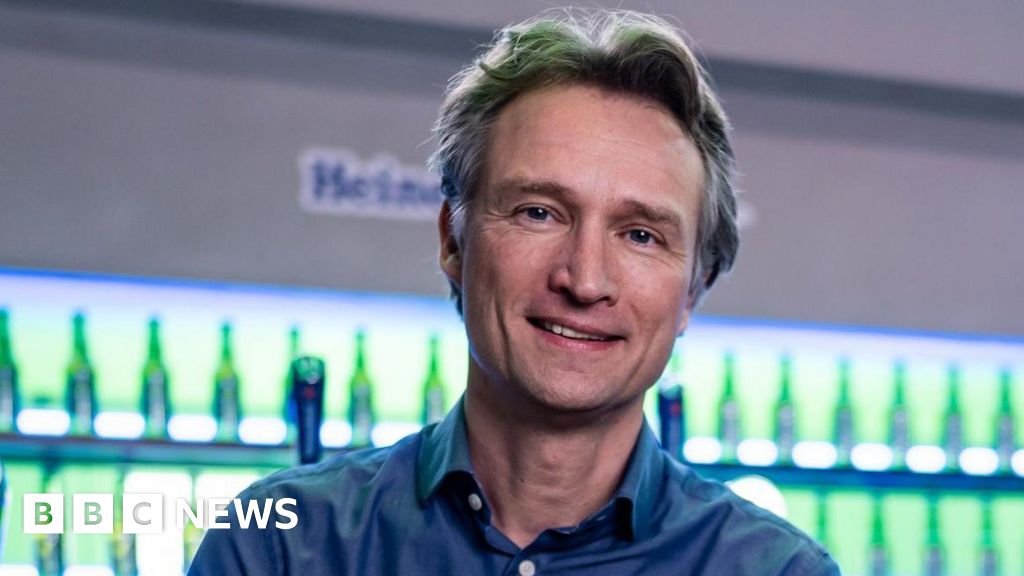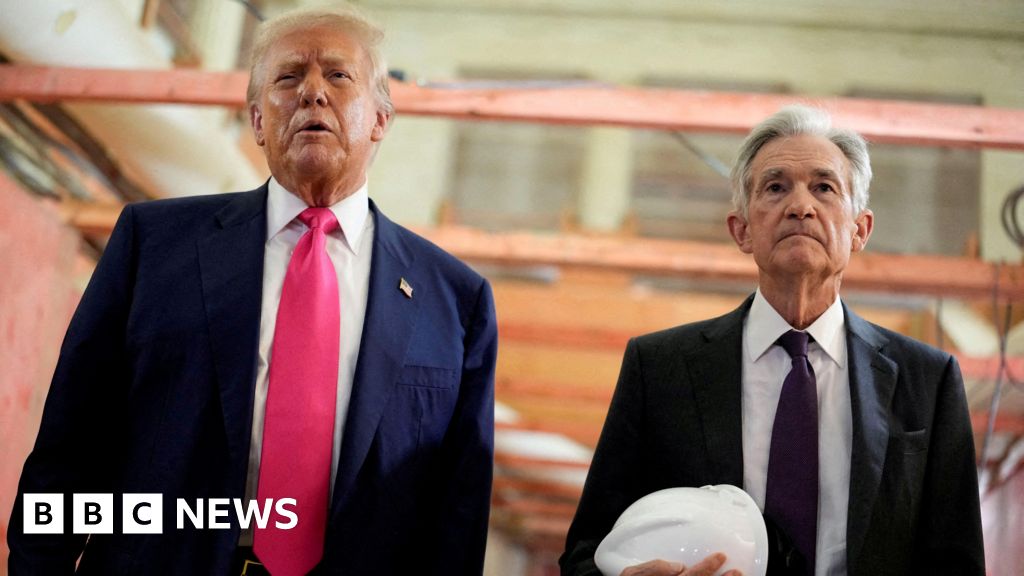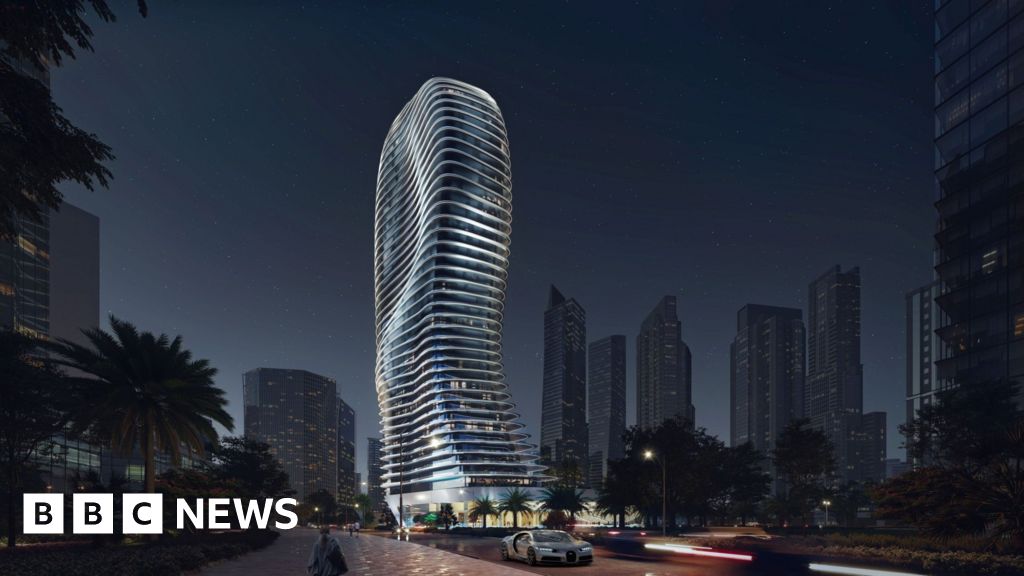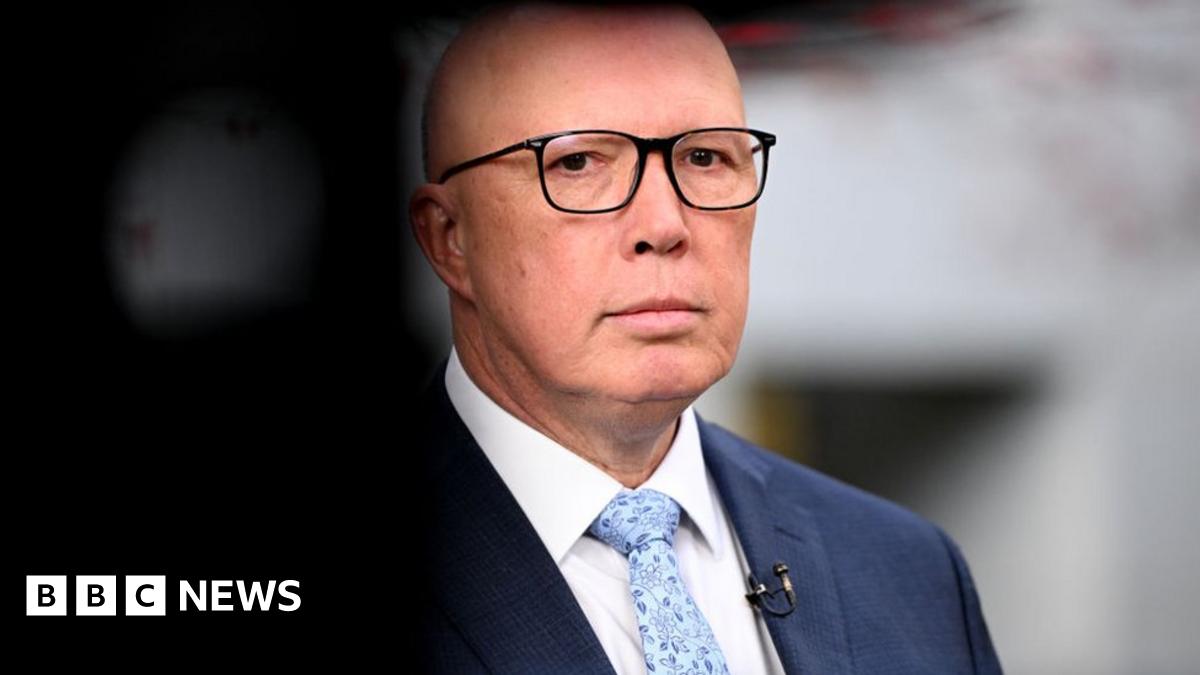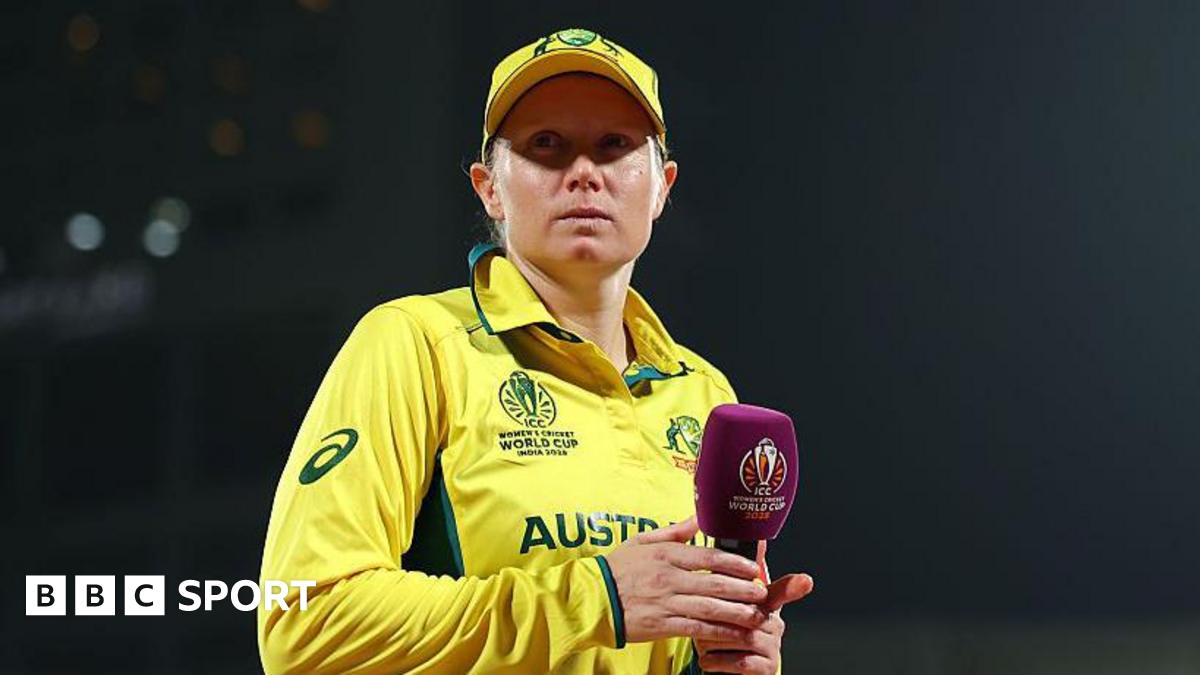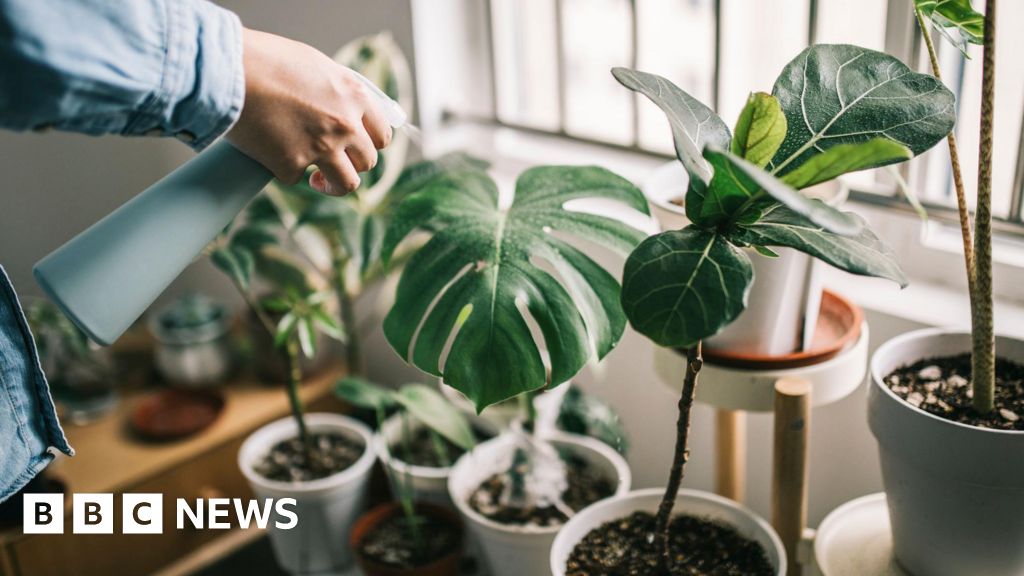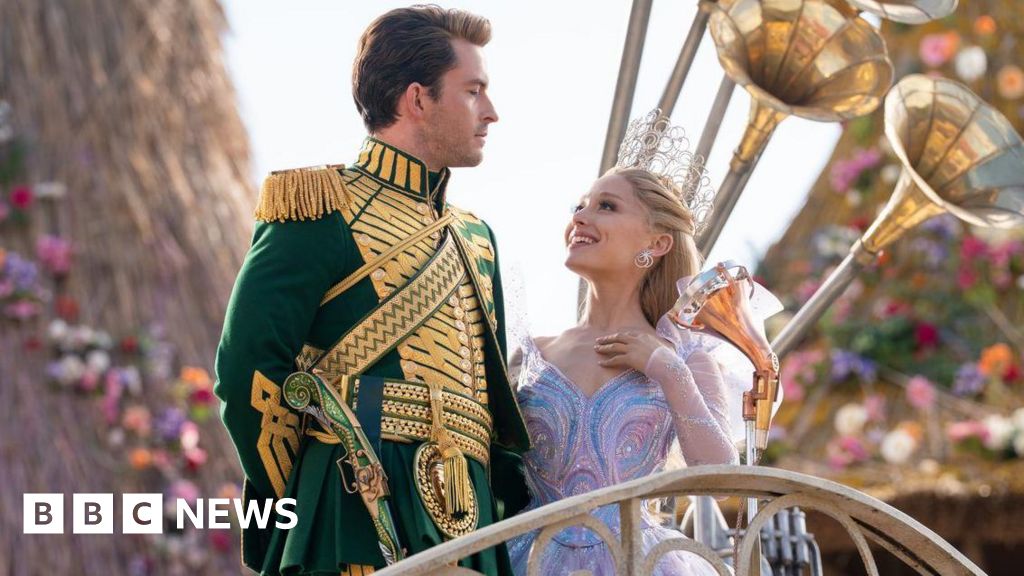He has opened up about his personal life, revealing struggles with alopecia, a skin condition which causes hair loss, and what he believes is PTSD from his time in the police.
He has told interviewers about his first marriage at the age of 22, which lasted only months, and about his daughter who was born from another short-lived relationship and whom he calls “the best mistake I ever made”. He also has two adult sons with his second wife, Kirrily.
He has promised to introduce a government efficiency tsar – like Elon Musk is to America – who will cut public service jobs, and has also taken aim at government diversity and inclusion initiatives. However, he’s sought to distance himself from gender and abortion debates, and has ruled out withdrawing the country from the Paris Climate Accords.
His flagship policy is a nuclear power scheme which he says will help Australia lower its emissions, offer cheaper power than renewables, and create new jobs, at a cost of A$300bn ($189bn; £146bn).
But nuclear power is currently banned – both at a federal level and by many states – and experts, including Australia’s science agency, say Dutton’s scheme cannot be delivered within the specified timeframe or for that price. Many argue it is a tactic to delay the country’s transition away from the lucrative coal and gas industries.
Lowering the cost of living is also a key part of his pitch to voters. Central to that is a promise to fix the housing crisis by slashing construction red tape, cutting immigration and allowing Australians to dip into their superannuation to buy their first home – though critics say bolder reforms which are electorally unpopular with older, wealthier voters are necessary.
Dutton has also matched Labor’s promise to fund more free doctor appointments, has said state governments will face pressure to stamp out crime, and that Australia’s “strained” relationships with the US and Israel will be repaired under his watch.

